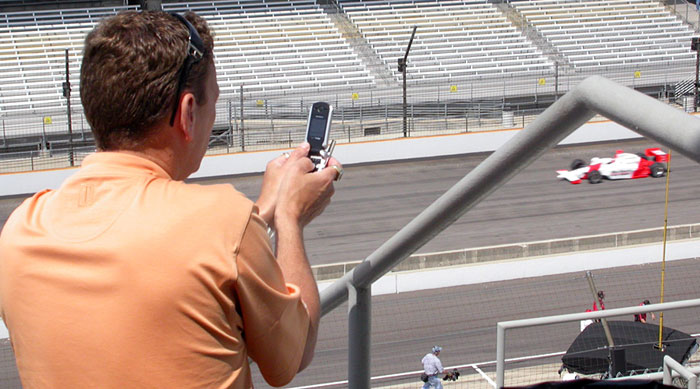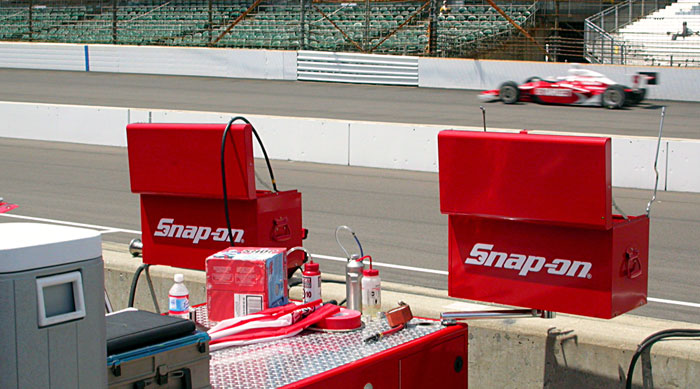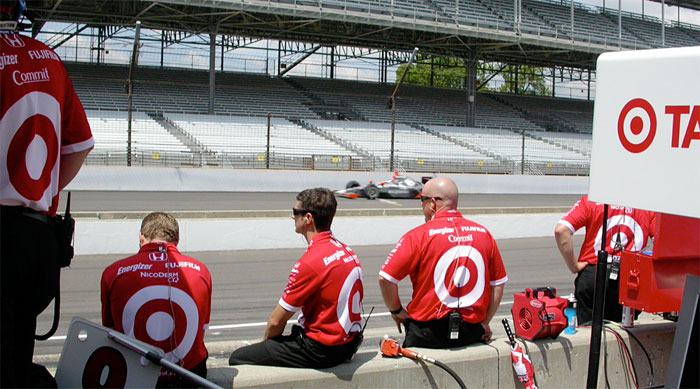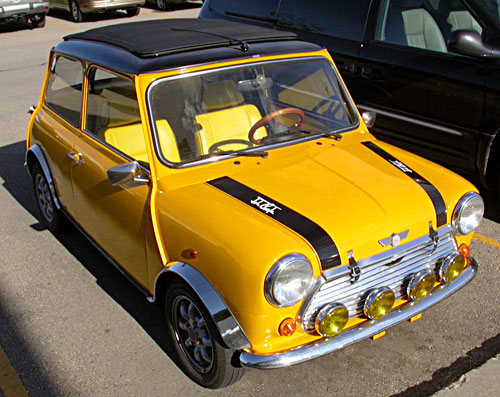Speaking of Honda:
Recognized by the Environmental Protection Agency (EPA) as the cleanest internal-combustion vehicle on Earth, the Civic GX is perfect for getting around town and running everyday errands. In fact, the California Air Resources Board gave the GX an AT-PZEV emissions rating, which means it’s still the “Cleanest on Earth.” And it’s been completely redesigned for 2006 with a new modern, aerodynamic exterior, and ergonomic, supportive seats. The GX has everything you’d expect from a Civic, like a roomy cabin and proven performance. And because it uses compressed natural gas, the GX achieves remarkable fuel-cost savings, and helps decrease the world’s dependence on oil. The Civic GX promises to lead the way to the advancement of fuel-cell vehicles, sooner than you might expect.
via autoextremist:
More on Phill, via email:
The price of Phill is $3400 US plus shipping ($150) plus installation. An indoor installation will also need a mandatory external gas sensor for $120. A “typical” installation can range from $1000 to $1500. Your actual cost of Phill could be reduced depending on where you live, and what incentives are offered in your area.
Please note that at the moment Phill is only available for purchase if you live in California, Arizona, Maryland, Washington D.C., New Jersey, Oklahoma, Nevada, parts of New York, and a select few other cities such as Salt Lake City (UT), Milwaukee (WI), Dallas (TX), Denver (CO), Chicago (IL), and Knoxville (TN).
To continue with the purchase process we will need some basic information from you in order to put your name on the waiting list. If you are interested, please contact Phill Customer Service at 1-866-697-4455 (toll free), or let us know the best way to reach you.



